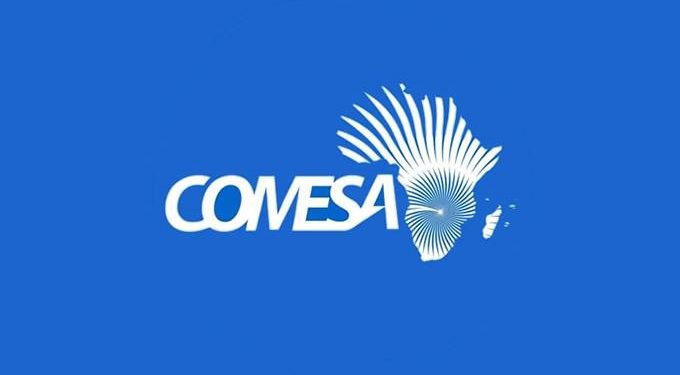The Common Market for Eastern and Southern Africa (COMESA) has taken another decisive step towards regional financial integration. The COMESA Clearing House (CCH) recently announced that its flagship Digital Retail Payments Platform (DRPP) has advanced from integration testing to live user trials along the Malawi-Zambia corridor. This marks a major milestone in the bloc’s efforts to create a low-cost, inclusive and interoperable digital payment system supporting micro, small and medium enterprises (MSMEs) across the region.
A key factor enabling this progress has been funding from the Bill & Melinda Gates Foundation, which in June 2025 committed USD 1.3 million to support essential DRPP activities. The grant is part of broader efforts to strengthen regional digital financial infrastructure for MSMEs, long recognized as vital drivers of intra-African trade and job creation.
The DRPP represents a transformative shift in how cross-border trade within COMESA could be conducted. Historically, payments between countries have relied on costly and time-consuming conversions into hard currencies such as the USD dollar or euro. These processes often exclude smaller businesses lacking access to correspondent banking and foreign exchange facilities. By enabling direct payments in local currencies, the DRPP offers an accessible and affordable way for MSMEs to participate in regional trade, particularly women and youth who dominate informal cross-border markets.
According to the CCH, the user trials involve two digital financial service providers and a foreign exchange provider operating along the Malawi-Zambia corridor. The move into this phase suggests that the technical, regulatory and operational frameworks underpinning the platform are robust enough to handle live transactions. It also reflects growing confidence in the system’s ability to connect diverse financial service providers through a secure, real-time, interoperable network.
If successful, the DRPP could dramatically reduce transaction costs and settlement times for cross-border payments. Lowering these barriers is expected to stimulate intra-COMESA commerce, strengthen regional value chains and boost liquidity in local markets. This, in turn, could improve the investment climate by enhancing payment reliability and financial transparency across borders.
From an investment management perspective, the DRPP signals the rise of a new class of regional financial infrastructure. Its design as a shared digital platform creates opportunities for fintech innovation, new financial products and integrated trade financing mechanisms. As the platform expands to new corridors, network effects could amplify its value, much as mobile money did for domestic financial inclusion in other parts of Africa. The ability to settle transactions in local currencies also reduces dependence on foreign exchange reserves, offering a stabilizing effect for participating economies and new exposure opportunities for investors in Africa’s growing fintech ecosystem.
Challenges remain, particularly managing liquidity across currencies, maintaining regulatory consistency and ensuring operational resilience. Yet the launch of user trials marks a turning point, transforming what began as a digital inclusion concept in 2019 into a functional cross-border mechanism. With the backing of the Gates Foundation, the DRPP could soon become the backbone of everyday commerce across one of Africa’s most dynamic economic regions.

















